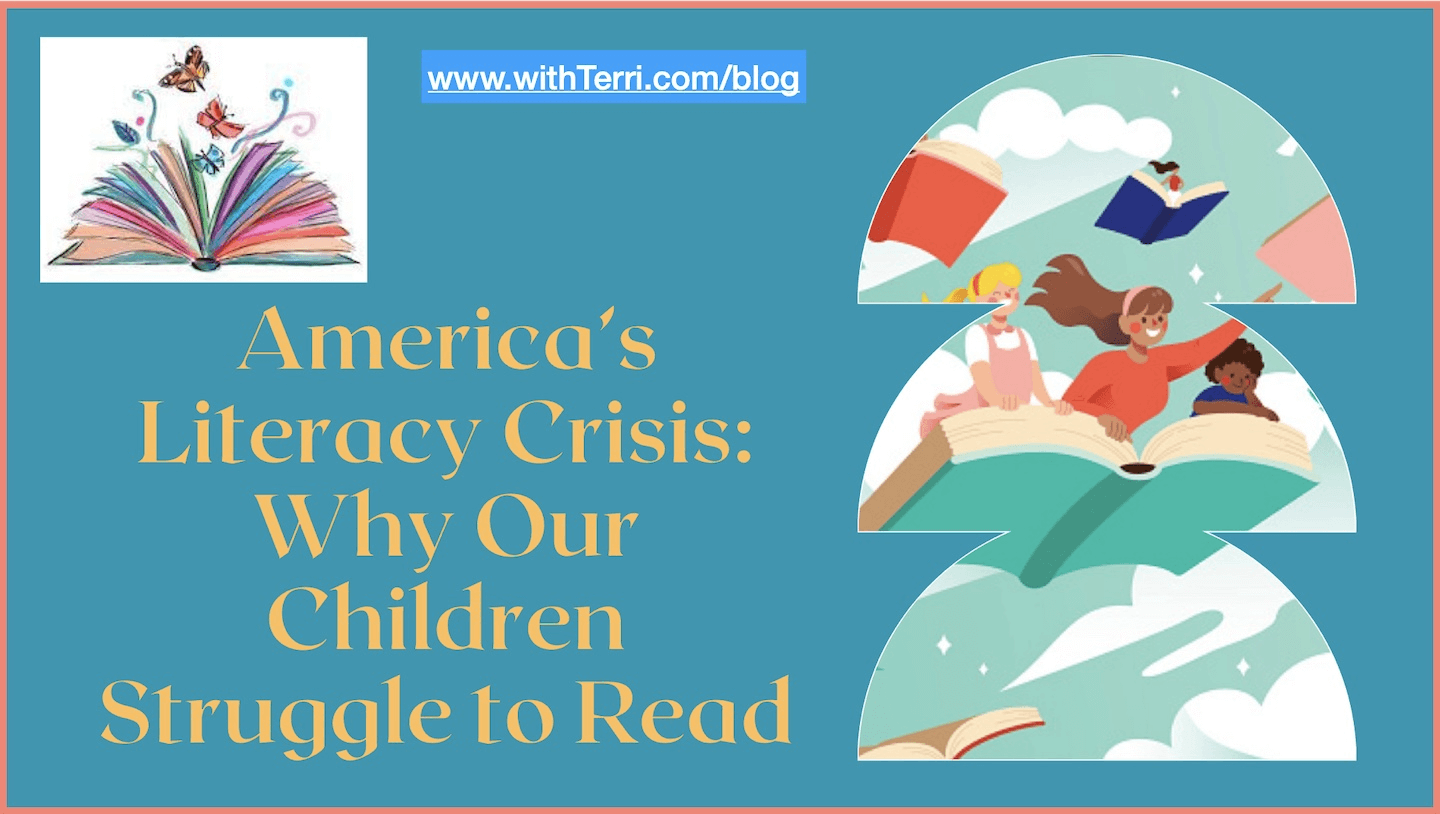 America began with a remarkably literate people — yet today, reading scores have sunk to historic lows. Decades of reforms, billions of dollars, and trendy teaching methods haven’t solved the problem. Add in poor nutrition, endless screen time, and weak “semi-phonics” programs, and the result is generations of struggling readers. It’s time to return to what works: real phonics, real food, and real thinking.
America began with a remarkably literate people — yet today, reading scores have sunk to historic lows. Decades of reforms, billions of dollars, and trendy teaching methods haven’t solved the problem. Add in poor nutrition, endless screen time, and weak “semi-phonics” programs, and the result is generations of struggling readers. It’s time to return to what works: real phonics, real food, and real thinking.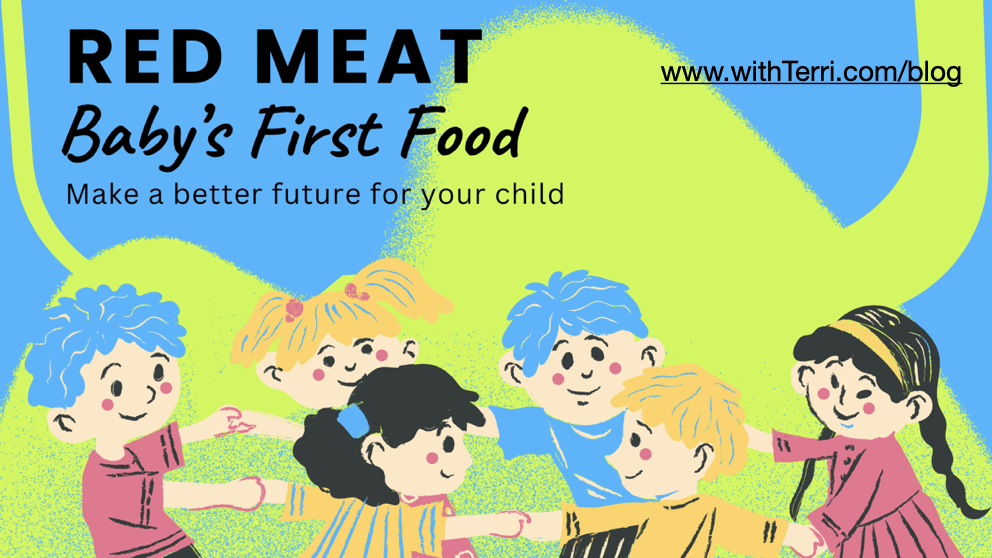
Red meat like beef is now officially recommended as a first food for babies around 6 months old—and for good reason. It’s rich in iron, zinc, B12, and high-quality protein, all essential for healthy growth and brain development. Just a spoonful or two a day helps fill key nutritional gaps and supports your baby’s developing nervous system—making every bite count from the very beginning.
Read more...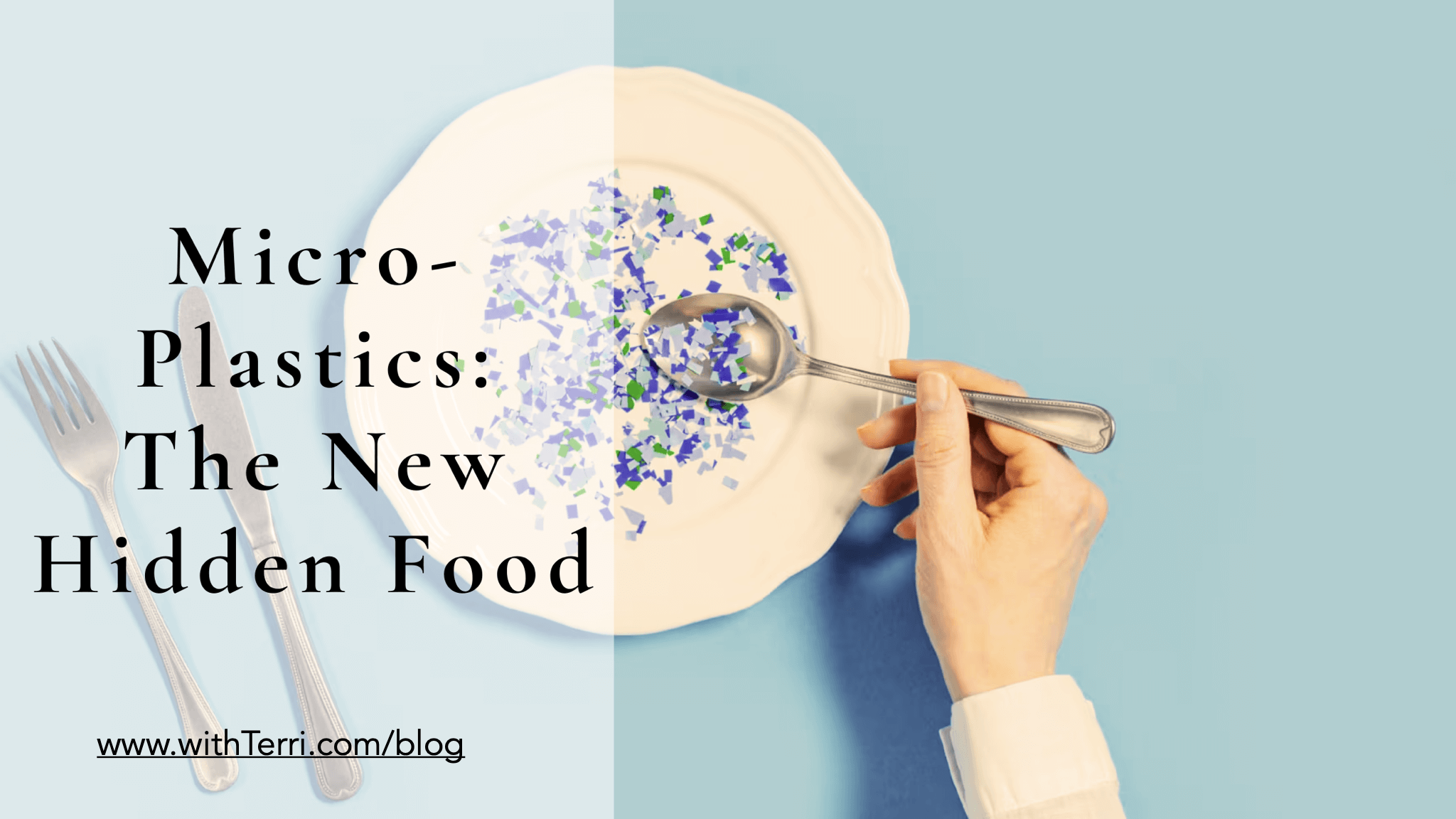
A groundbreaking May 2025 study in Brain Medicine links microplastics—especially from ultra-processed foods (UPFs)—to serious brain health concerns, including dementia, depression, and anxiety. These plastics can cross the blood-brain barrier, disrupt brain function, and may even affect reproductive health by crossing the blood-testis and placental barriers. Children are especially at risk due to higher UPF consumption and smaller brain size. The post urges a return to whole, natural foods and toxin-free living to protect our brains and bodies from this hidden modern threat.
Read more...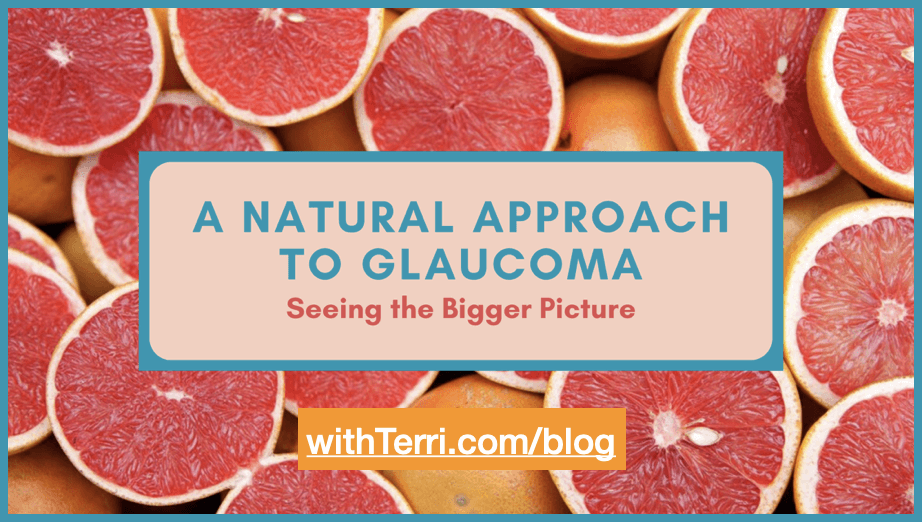
Glaucoma isn’t just an “eye problem”—it’s a sign of deeper issues in the brain, spine, and overall inflammation in the body. While modern medicine focuses mainly on lowering eye pressure, research now confirms that glaucoma is a neurodegenerative disease. That changes everything.
This post explores natural ways to support eye and brain health—through nourishing fats like cod liver oil, cervical spine alignment, and the surprising benefits of grapefruit essential oil and the NingXia wolfberry. These approaches work with your body’s design, not against it, to protect your vision and restore wellness from the inside out.
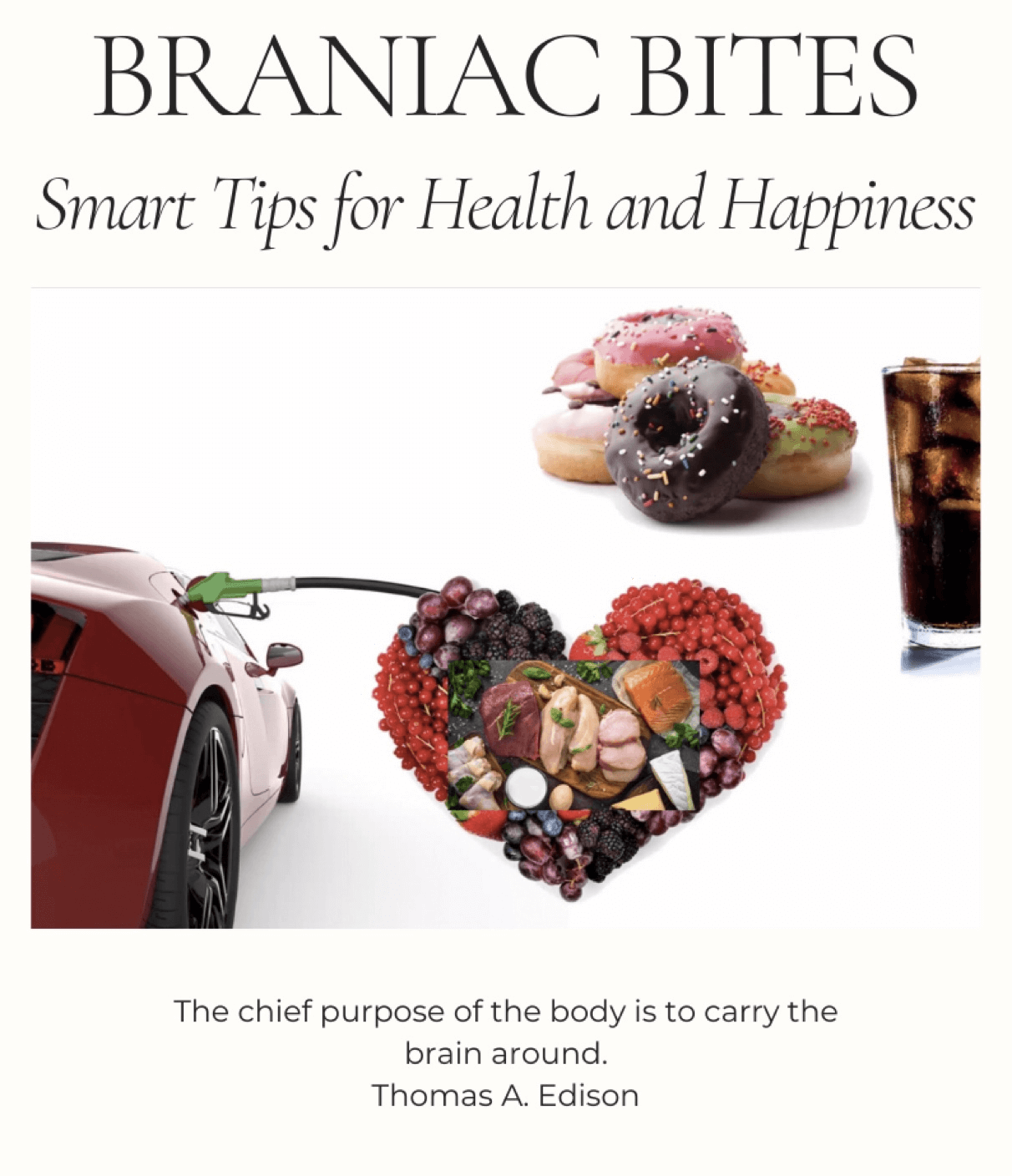 As an RN since 1975, I've observed the annual push for flu shots from October through March, raising questions about why flu cases peak during these months. Yes, colder weather brings us indoors, but could there be other factors? Consider the high-sugar, high-carb holiday diet from Halloween through Valentine’s Day. Could these food choices be weakening our immune systems? Rather than focusing only on flu vaccines, it’s worth exploring how natural lifestyle shifts—like balanced nutrition, quality sleep, stress management, and exercise—can boost immune resilience. Avoiding grains, which can spike blood sugar and inflammation, and nourishing the body with foods rich in omega-3s, zinc, selenium, and vitamins D and C can also help. Simple practices like good hygiene, moderate exercise, and immune-supporting supplements further strengthen defenses. Let’s look beyond shots and antivirals and embrace habits that truly support immunity through flu season and beyond.
As an RN since 1975, I've observed the annual push for flu shots from October through March, raising questions about why flu cases peak during these months. Yes, colder weather brings us indoors, but could there be other factors? Consider the high-sugar, high-carb holiday diet from Halloween through Valentine’s Day. Could these food choices be weakening our immune systems? Rather than focusing only on flu vaccines, it’s worth exploring how natural lifestyle shifts—like balanced nutrition, quality sleep, stress management, and exercise—can boost immune resilience. Avoiding grains, which can spike blood sugar and inflammation, and nourishing the body with foods rich in omega-3s, zinc, selenium, and vitamins D and C can also help. Simple practices like good hygiene, moderate exercise, and immune-supporting supplements further strengthen defenses. Let’s look beyond shots and antivirals and embrace habits that truly support immunity through flu season and beyond.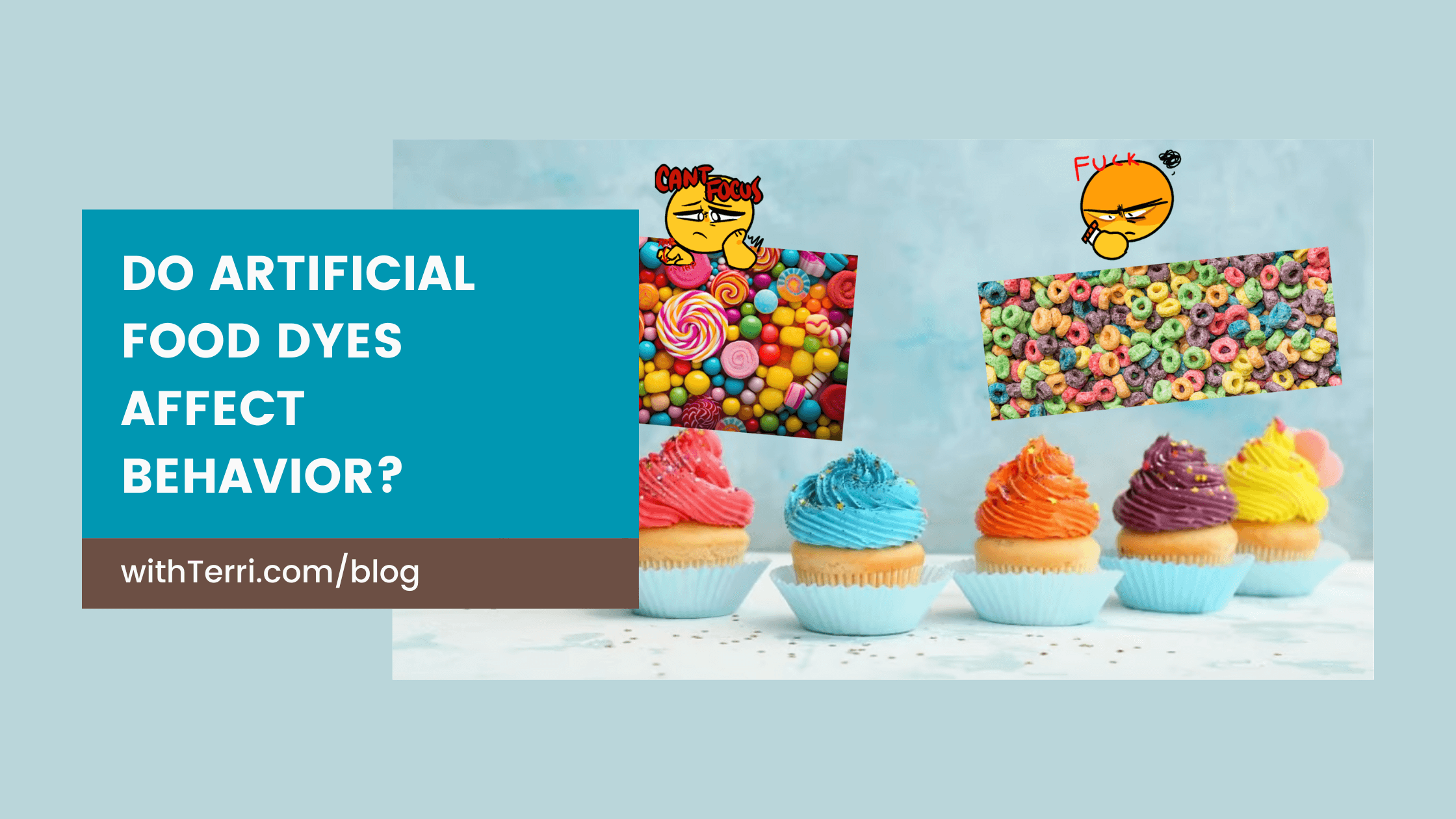
Artificial food dyes, like Red 40, Yellow 5, and Yellow 6, have been linked to mood and behavioral challenges in children, such as ADHD, hyperactivity, and impulsiveness. Research shows that these dyes are made from petroleum and can act as xenoestrogens, disrupting hormone balance. Some studies suggest that around 8% of ADHD cases in children may be tied to artificial colors. Even small amounts of these dyes—like those found in common snacks and drinks—can trigger symptoms in sensitive children. A notable study from The Lancet found increased hyperactivity in kids who consumed beverages with dyes and preservatives. Despite the evidence, artificial dyes continue to be widely used in processed foods, raising concerns about their impact on developing brains and overall health.
Read more...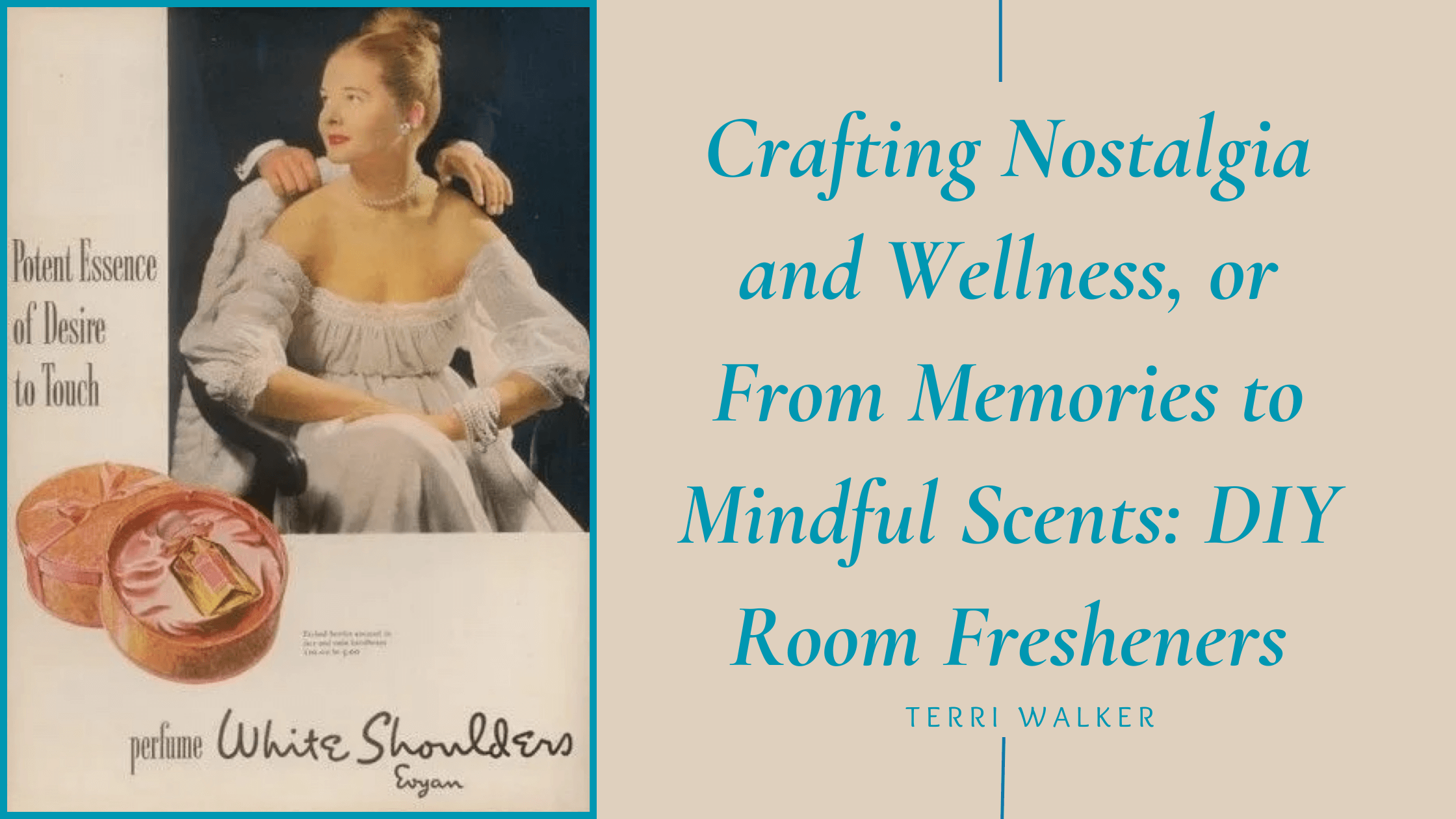 Recreating a cherished scent can lead to healthier innovations. By using essential oils, you gain control over the ingredients in your home’s air. Many commercial air fresheners contain toxins like phthalates, formaldehyde, and VOCs, which harm respiratory and brain health.
Recreating a cherished scent can lead to healthier innovations. By using essential oils, you gain control over the ingredients in your home’s air. Many commercial air fresheners contain toxins like phthalates, formaldehyde, and VOCs, which harm respiratory and brain health.Making your own fresheners lets you customize safe, uplifting scents and is cost-effective and eco-friendly. Simply fill a spray bottle with distilled water, add a tablespoon of witch hazel or vodka, and mix in 10-20 drops of your favorite essential oils. Enjoy joyful, toxin-free aromas for a healthier living environment!
Read more...





